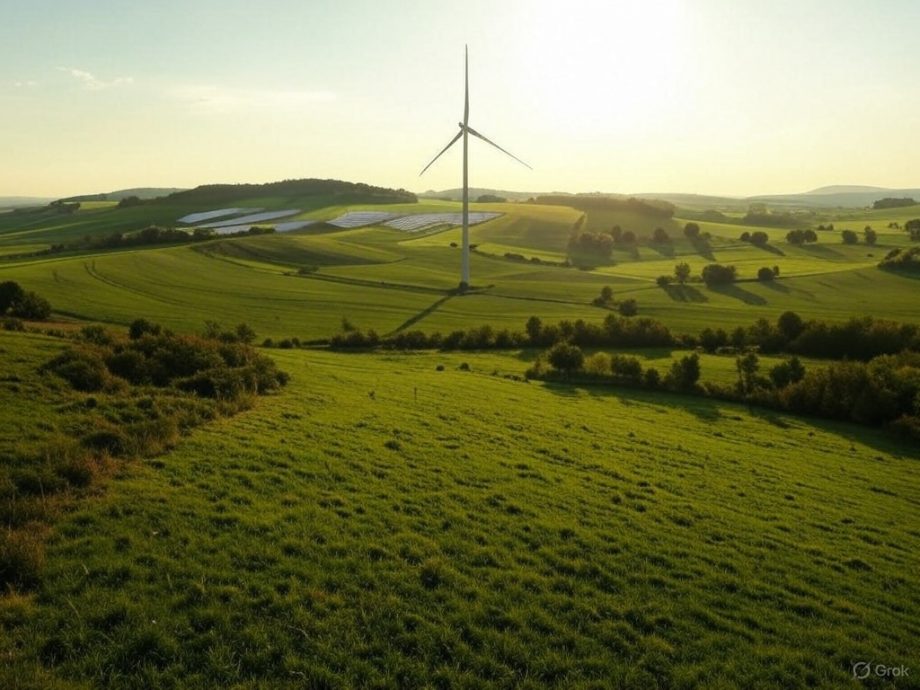
Germany has unveiled a sweeping new energy policy aimed at accelerating its transition to renewable energy while reducing reliance on imported natural gas, particularly from Russia. The plan, dubbed “EnergieWende 2.0,” includes a €150 billion investment over the next five years in wind, solar, and hydrogen infrastructure. Chancellor Annalena Baerbock declared the initiative as “a turning point for Germany’s energy sovereignty and climate responsibility.”
Since Russia’s invasion of Ukraine in 2022, Germany has struggled to reduce its dependence on Russian energy, which historically accounted for over 40% of its gas imports. While liquefied natural gas (LNG) terminals and alternative suppliers have helped bridge the gap, long-term sustainability remained a concern. The new plan targets a 75% renewable share in electricity generation by 2030, with a complete phase-out of coal and gas by 2035.
Critics, however, warn of potential strain on the power grid and increased energy costs during the transition. Industry leaders are calling for clear regulatory frameworks and assurances that the plan won’t hamper manufacturing competitiveness. Still, public support remains high, with recent polls showing 68% of Germans favoring aggressive action on climate and energy independence. As Europe redefines its energy future, Germany’s bold move may set the tone for the continent.
